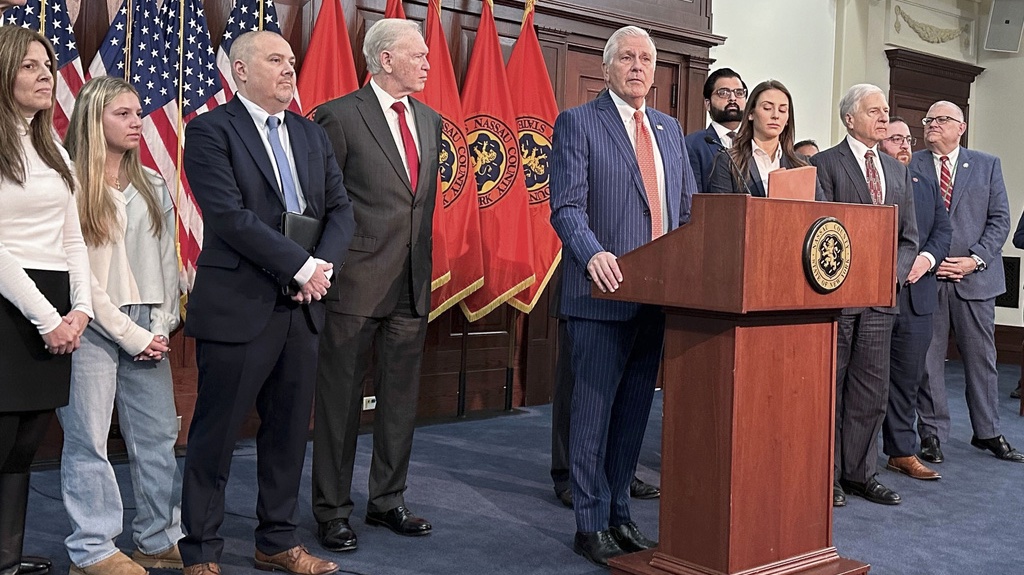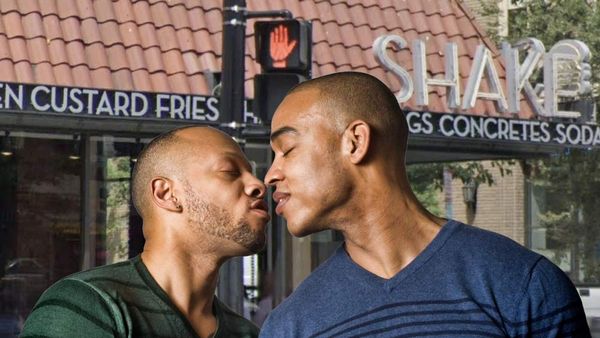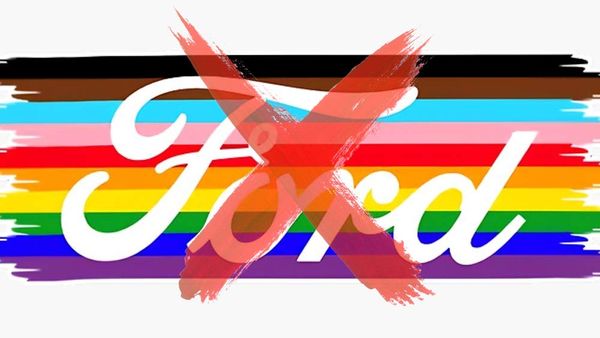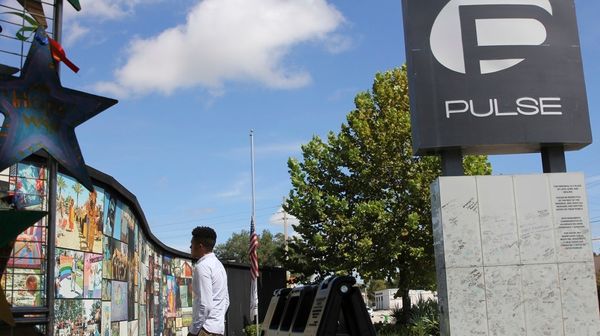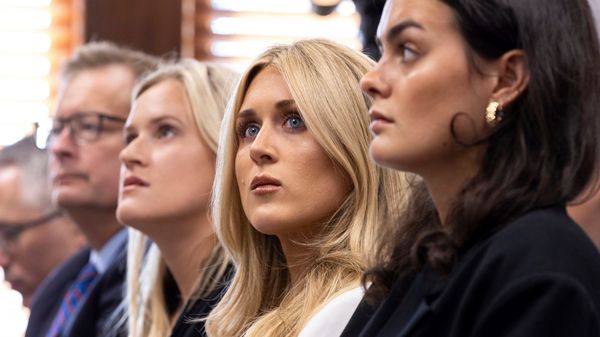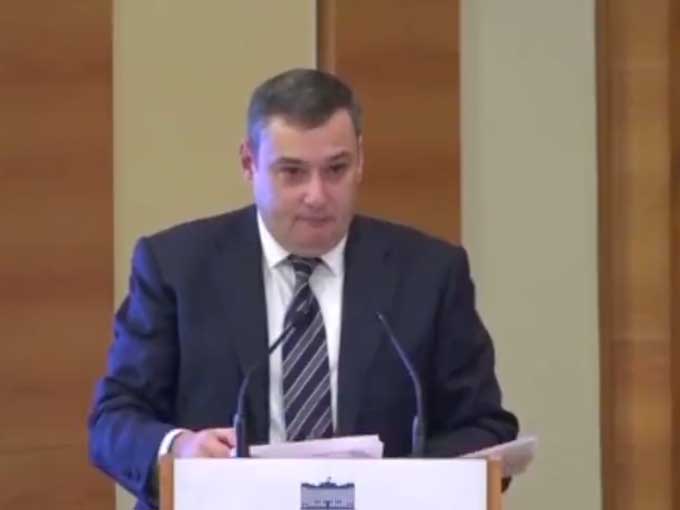
October 24, 2022
Watch: Russian Politico Declares 'Peppa Pig' a 'Tool of Hybrid War'
Kilian Melloy READ TIME: 3 MIN.
To hear Russian politician Alexander Khinshtein tell it, "Peppa Pig," "Call Me by Your Name," "South Park," and LGBTQ+ people in general are a "tool of war" aimed right at Russian society, UK newspaper the Daily Star reported.
Khinshtein made his claims in a speech that was posted to Twitter by Francis Scarr, a BBC reporter.
The post shows Khinstein declaring that "LGBT is nowadays a tool of hybrid war, and in that hybrid war we must protect our traditional values."
"We must protect our society and we must protect our children," the politician goes on to say.
From what?
Khinshtein gave three examples of what he called "propaganda... already being waged against our society," all of them Western imports. One was "the film and book 'Call ME By My [sic] Name," which Khinshtein said has "20 fan groups on VKontakte," a social network that can only be accessed within Russia.
Rather than entertain the idea that fan groups within Russia admired the book, by André Aciman, or the 2017 film adaptation, starring Timothée Chalamet and directed by Luca Guadagnino, on their own merits (or because they spoke to LGBTQ+ Russians in a way that state-controlled media does not), Khinshtein suggested that the story, along with adult animated comedy series "South Park" and children's animated series "Peppa Pig," was being deployed in an an effort to turn Russian children gay.
"A school chef who is a pedophile appears in 'South Park,'" Khinshtein said, failing to note that singer and actor Isaac Hayes, an adherent of Scientology who was part of the show's early seasons and portrayed the school chef in question, was written out of the show after creators Matt Stone and Trey Parker heard from Hayes about an episode that made fun of Scientology. Stone and Parker sent the character off in an episode that depicted Chef as having been brainwashed by a pedophile cult. In the episode, the four main characters "cure" Chef with a visit to a strip club – a plot point as absurd as the notion of cartoons, or media of any sort, "turning" people gay.
Khinshtein went on from there to take aim at "Peppa Pig," which he characterized as "Seemingly a very well-known cartoon." His gripe? That the long-running British series, which weighs in at 368 episodes, has a single five-minute installment in which a classmate of the title character, in writing an essay about her family, describes her two mothers, much like countless grade school children with same-sex parents might describe their own families.
As Russia's war of aggression against neighboring democracy Ukraine has continued to drag on and go poorly, the country's parliament have recently begun to revisit Russia's 2013 "Don't Say Gay" law, which criminalizes public expressions of support for – or identification as – LGBTQ+ people and their families, under the guise of "protecting" children. Russian lawmakers have vowed to make the law even more stringent.
Similar laws have begun appearing in the United States, with several state legislatures implementing "Don't Say Gay" laws to prohibit acknowledgement of LGBTQ+ topics in schools. Congressional Republicans introduced legislation to extend such laws to the federal level, according to UK newspaper The Guardian, which reported that "The bill would prohibit the use of federal funds to teach children about 'sexually-oriented material' as well as 'any topic involving gender identity, gender dysphoria, transgenderism, sexual orientation, or related subjects,'" presumably including children's own families, the historic contributions of LGBTQ+ individuals, or the status of students themselves as members of the LGBTQ+ community.
Kilian Melloy serves as EDGE Media Network's Associate Arts Editor and Staff Contributor. His professional memberships include the National Lesbian & Gay Journalists Association, the Boston Online Film Critics Association, The Gay and Lesbian Entertainment Critics Association, and the Boston Theater Critics Association's Elliot Norton Awards Committee.
